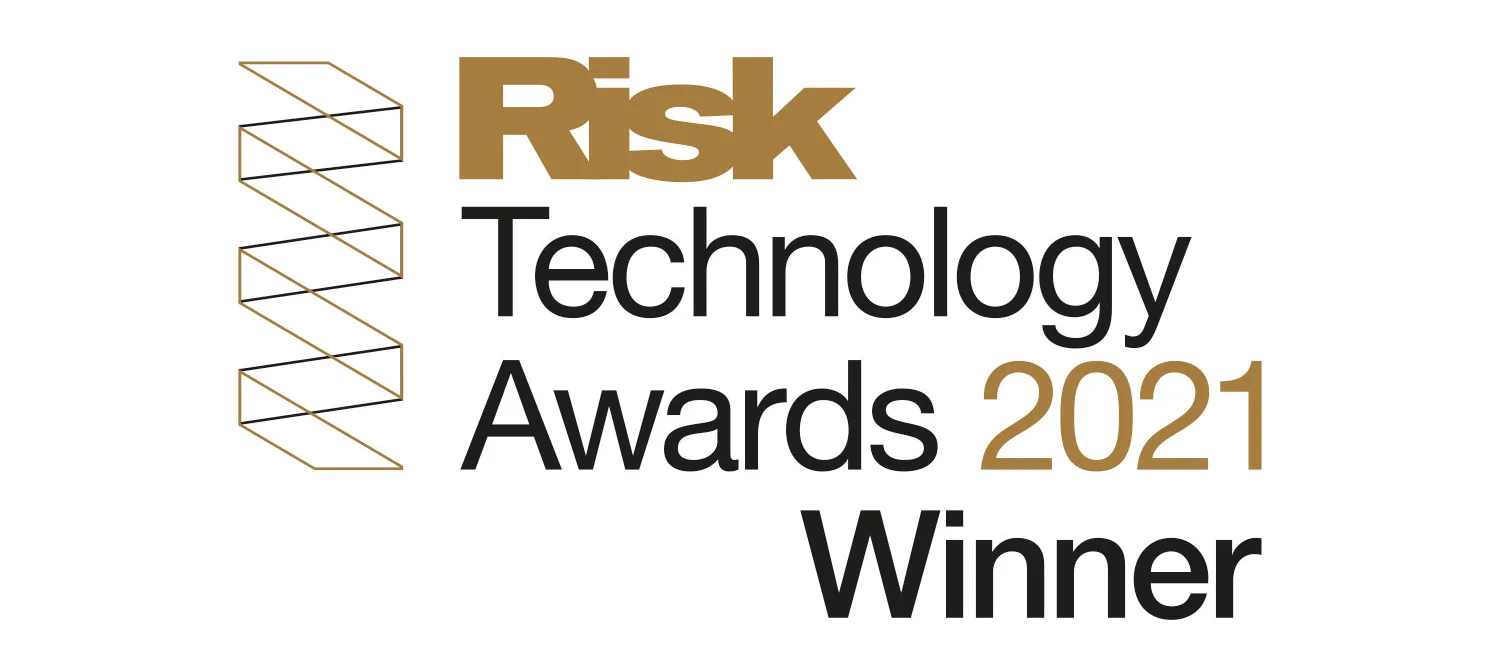
Model validation of the year – Yields.io

Yields.io’s model validation platform, Chiron, repeats in the category this year, but for different reasons because of the very different year that 2020 was for financial risk management.
As a result of employees shifting out of offices in pandemic lockdown mode, disrupting credit risk modelling, validation and fraud detection, a surge to validate models with more dynamic datasets was under way.
Chiron deploys artificial intelligence (AI) techniques to accommodate data-centric model risk management. It has refined many of its platform features, such as templated validation scripts, to increase efficiency and consistency of model validation.
The platform tracks the linkage among data, analytics and reports, which begets best practices of replicating solid analytics. This is all while leveraging data analytics at scale for large arbitrary datasets running on a cloud environment at a time when companies are shifting away from manual validation. With Chiron, an institution makes a strategic commitment to own the validation process as opposed to outsourcing it.
The effects from the economic disruption of 2020 are still rippling out. As Yields.io notes, models have to be reviewed more often. Monitoring habits is also shifting to accommodate the added focus. As automation demand surges, demand for training is up. The experience of Yields.io helps explain why continuous monitoring and automation are accelerating.

Model risk management is still driven by cost and capital reduction. Due to the introduction of new model types (such as AI), new regulatory frameworks, and the war for talent, these goals become more challenging every year. As a consequence, many financial institutions are looking for ways to industrialise model risk management.
Since many of the firm’s clients are gradually moving toward machine learning approach in some data-intensive pockets of their model portfolio, Yields.io has launched more innovations to meet the demand. Chief among them is added scalability, plus scenario generation and stress-testing to help clients validate on entire datasets instead of on samples, plus scenario generation to evaluate models on realistic data using state of the art generation engines. Combined with a transformation to a more distributed and ‘digitised’ workforce, the next phase of innovation is looking at more collaborative model risk management tools. These knock-on effects have been transformative for model risk management.
In addition, while competitors tend to focus on point solutions such as for specific model types, or benchmarking tools, which study the impact of changing assumptions, Chiron is a comprehensive, standard-based end-to-end solution that focuses on scaling up the process. This feature enables model validation documents that comply with the strictest regulatory frameworks such as the US Federal Reserve’s SR-117 guidance and the Bank of England’s PS-7/18 principles for stress-testing.
Clients report reductions in model validation costs by a factor of 10. In addition, Chiron’s monitoring functionality allows for the early detection of model failure, leading to better models and lower capital requirements.
One of the untold stories of the past year is that the banking industry is looking at the added costs of building new modelling scenarios to respond in a more flexible manner as one of the lessons learned from 2020. Model uncertainty has not abated with the receding pandemic. But automating those checks and balances is growing with platform approaches such as Yields.io Chiron.
The judges said:
- “This is an innovative approach to model validation, which appears to be having some success.”
- “Offering is innovative and flexible (on prem or cloud) and I especially like the collaboration tooling to create efficiency between developers and model validators. Cost benefits are promising as well.”
- “Good use of AI. Good development of product and customer focused. Good reviews.”
- “Differentiates from self-service platforms by offering a data-centric model risk management platform that analyses data quality and industrialises /automates the process. Differentiates from work flow model validation systems. Convincing argument in general.”
- “Among its offerings, the firm is focused on solving the problems that a plethora of AI-generated models have wrought to regulatory considerations.”
Sponsored content
Copyright Infopro Digital Limited. All rights reserved.
As outlined in our terms and conditions, https://www.infopro-digital.com/terms-and-conditions/subscriptions/ (point 2.4), printing is limited to a single copy.
If you would like to purchase additional rights please email info@risk.net
Copyright Infopro Digital Limited. All rights reserved.
You may share this content using our article tools. As outlined in our terms and conditions, https://www.infopro-digital.com/terms-and-conditions/subscriptions/ (clause 2.4), an Authorised User may only make one copy of the materials for their own personal use. You must also comply with the restrictions in clause 2.5.
If you would like to purchase additional rights please email info@risk.net